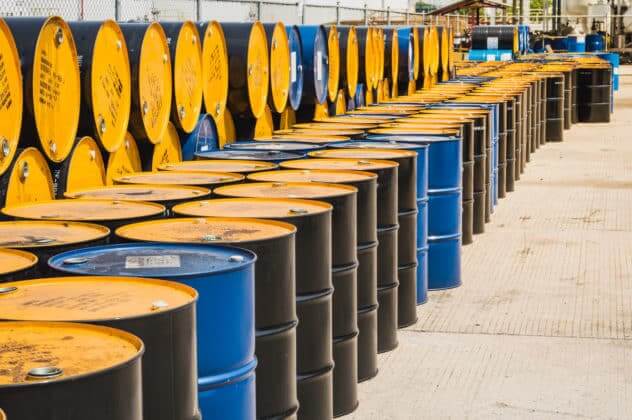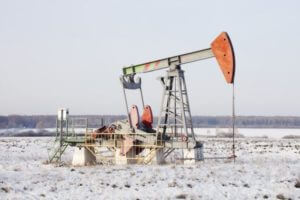
Commodity exchange importance
Commodity markets are the main vehicle through which practically all traders exchange their commodity goods. They offer the exact kind of convenience you would want as a trader. Markets allow for both prospective buyers and sellers to gather together. If there were no such institutions, finding a potential trade partner is going to be much more difficult. These can be physical or virtual locations, but for a professional trader, virtual locations are more relevant. However, a regular commodity market may also lack regulation, which is why we would look at commodity exchanges.
The basics
Commodity exchanges are a more modern and regulated version of old commodity markets. However, they are still a type of commodity market. Exchanges ensure there is standardisation in prices. For example, a certain weight and quality of oil will always have the exact same price. This ensures that people do not haggle too much, or get cheated, and quickly carry on with their business. The exchange also offers a multitude of standard contracts, like futures contracts, which you could easily trade with. This, again, gives a quick and easy way to set up a contract and make sure you are not being swindled. Therefore, commodity exchanges offer far more safety and regulation for the people participating in them.

If someone is trading in very large bulks, then they do not need to concern themselves with the price of every unit of a commodity, they can use standard prices. If someone is new to trading or just wants a reliable way to trade, exchanges are much more appealing. Producers are likely to use exchanges, as the standard contracts ensure that no sudden price change would jeopardise their trades. However, if someone is an experienced trader and wants to maximise their profits, exchanges may not be the best places for them.
Macro effects on commodity exchanges
On the more macro-scale, commodity exchanges defend traders against volatility, and that the market is efficient. It makes sure that the overall economy can keep running like a slick machine. Without it, sudden volatile speculation in commodity markets could cause wild price changes and have huge effects on economies. Regular commodity markets have, therefore, far more speculators involved. Although speculators are still involved in exchanges as well.
However, here, they provide liquidity to the commodity exchanges through their trading. This means that the exchanges get an extra boost, and further ensures their survival through tougher periods of time.
Considerations for a contract
There are several main factors that are important for a contract you can find on a commodity exchange. First of all, you need to know the quantity of a commodity. Whichever type of measurement you like could work, metric, imperial, or more traditional ones. However, each exchange is likely to have different rules around the type of measurements. Then you must consider the quality of a commodity. You want to know if it is of high standards, or if it is a specific type of commodity and where it comes from, etc. The price of your commodity is next. There is not necessarily anyone price for an object, there may be a standard price, but it is subject to change. However, through price discovery, most traders will determine the appropriate price. Then you will need to know the method of delivery. So you can choose how you want a commodity delivered and where and at what date. However, you could just as well go ahead without this if you are just a speculator.
Types of commodity exchanges
There are several types of commodity markets out there, depending on peoples’ needs. You have the agricultural commodities locations, places where people physically trade times. These are probably the most traditional commodity markets.

You also have spot markets. These markets are where traders exchange goods for cash, and people then make deliveries immediately. So, these places are for traders who quickly want the items they are looking for. There is a lack of reliability and regulation here, generally.
Commodity exchanges with more standardisation are forward and futures markets. These areas allow for people to precise layout what the terms of their trades are. Here, people will figure out what the price of a commodity will be is well in advance, and the actual trade occurs 1-2 months later. They usually determine this price by evaluating the time of year, states of economies, etc.
- Checkout FinanceBrokerage’s comprehensive review on Invxsler
-
Support
-
Platform
-
Spread
-
Trading Instrument




